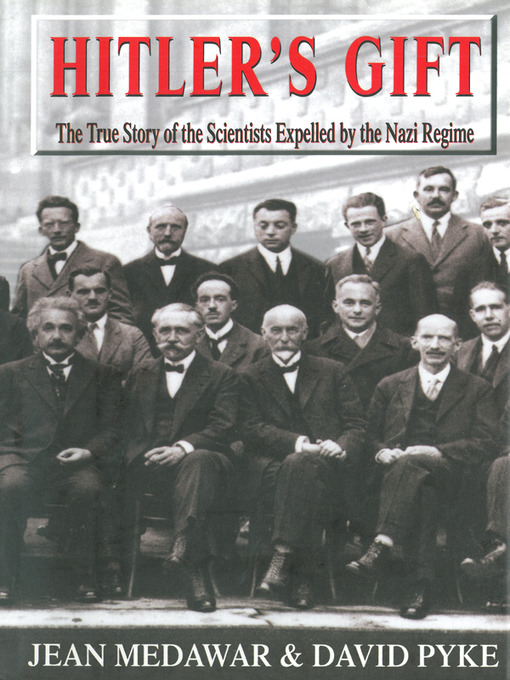Between 1901 and 1932, Germany won a third of all the Nobel prizes for science. With Hitler's rise to power and the introduction of racial laws, starting with the exclusion of all Jews from state institutions, Jewish professors were forced to leave their jobs. Almost immediately an organization was set up in the U.K. to receive these professors, fund them, and assign them to local or American universities where they could continue their research. The full line-up of the 1,500 refugees reads like a who's who of twentieth century science. They helped turn the tide of World War II in the Allies' favor, and 15 went on to win the Nobel Prize.
- Available now
- New eBook additions
- New kids additions
- New teen additions
- Most popular
- Try something different
- See all ebooks collections
- Cooking & Food
- Home & Garden
- Health & Fitness
- Fashion
- News & Politics
- Hobbies & Crafts
- Celebrity
- Tech & Gaming
- Cars & Motorcycles
- Family & Parenting
- Sports
- Travel & Outdoor
- Photography
- See all magazines collections

